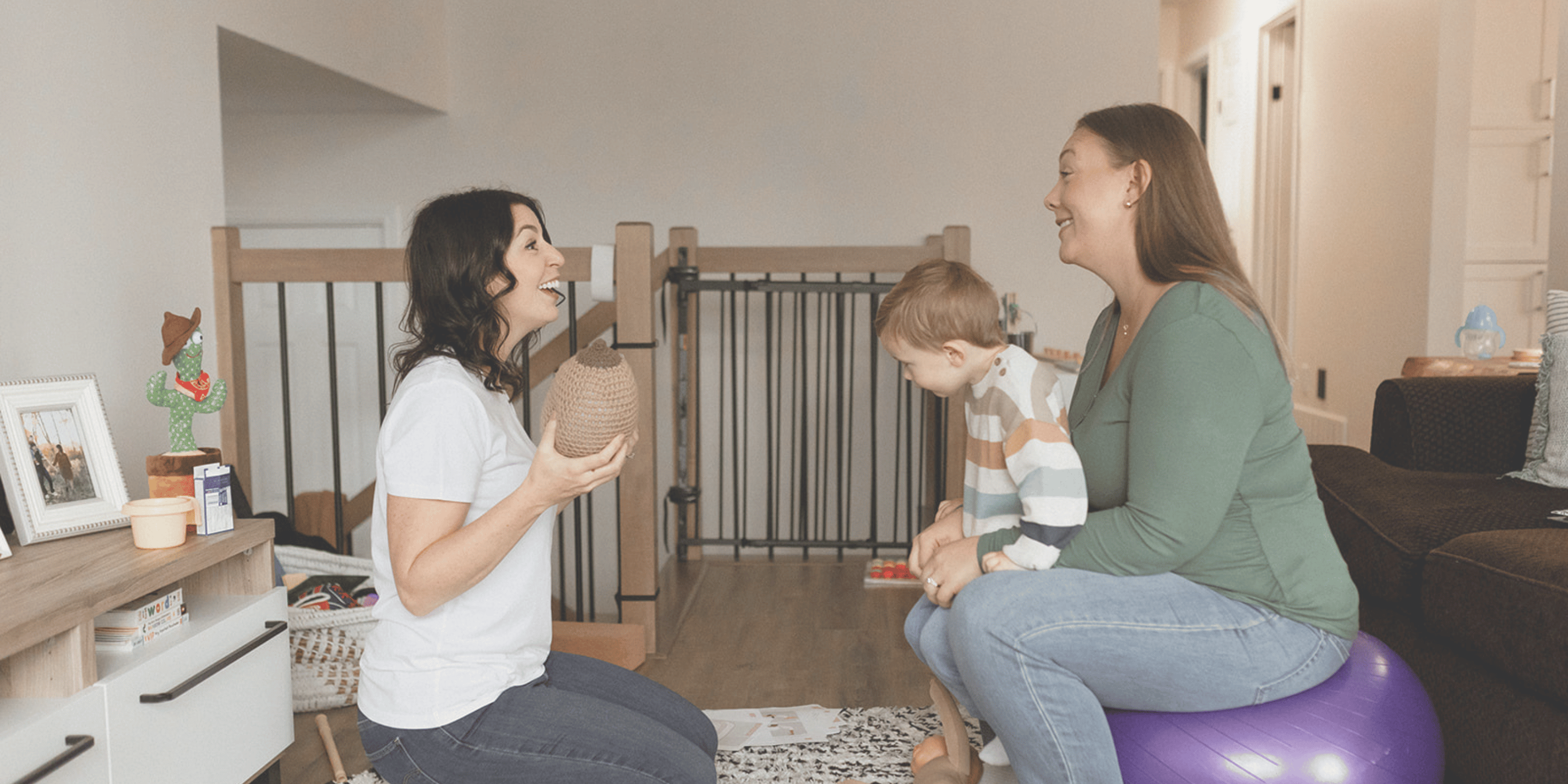No one plans to have their baby admitted to a Neonatal Intensive Care Unit (NICU). The normal and uneventful course of pregnancy usually involves excitement, planning, preparation, nervousness and personal growth. You plan for a delivery and having your baby in your arms immediately after delivery, and to take your baby home with you after you are discharged from the hospital. Or if you’re having a home birth, you’re planning on staying at home with your little one.

Admission to the NICU can happen for a number of reasons. Some common reasons include: Premature birth, difficulty breathing, unable to maintain temperature, unable to maintain blood sugar levels, development of jaundice, difficulty feeding and infections. The NICU is a very intimidating environment, there are nurses, respiratory therapists, pediatricians, maybe a neonatologist, social workers and dieticians. You walk in and depending on the layout of the unit, there are monitors everywhere, there’s an incredible amount of beeping, unfamiliar sounds and lights, decibel readers that alarm that there’s too much noise and there could be many or very few babies in isolettes, warming beds or cribs.

We know that when a baby is admitted to NICU, that there is a significant role alteration for parents. You are unable to care for your baby in the way that you had hoped, and many often feel a total loss of control, which is all compounded by fear because your baby is sick or requires extra care. It is common for parents to experience anxiety, depression, sleep disruption and extreme fatigue when their baby is admitted to the NICU.
We also know that especially for mothers, there is an increased risk of remaining depressed months after your baby has been discharged from hospital. As many as 13% of mothers in one study were still exhibiting symptoms of depression 27 months later. For fathers we know that there is an increased risk of a delayed emotional response. Sometimes dads won’t feel that emotional stress until weeks or months later and the symptoms are the same as Post Traumatic Stress Disorder (PTSD).
As a former NICU RN, if you are reading this because your baby has been admitted to the NICU, the first thing I want to say to you is I’m sorry this is happening to you. I want to reassure you that you are still a competent parent to your baby and there are ways to help you feel involved, bond and help your baby during their NICU stay.

The first thing you should do if your baby is admitted to the NICU is try to get some 1:1 time with your baby’s nurse soon after admission. Get them to explain what all the monitors or for or any equipment that’s attached to your baby. This will help you understand what’s happening and lessens the fear around all the wires and tubes.
It’s also helpful to develop a routine with the NICU. Find out from your nurse how often your baby will be eating (if they’re allowed) and plan your visits around your baby’s schedule. This will also help you develop a routine for yourself. We know that coping in all aspects of stress in life are influenced by sleep, nutrition and water intake. You still need to take care of yourself so that you can be helpful and present for your baby when they need you. Ask if there is somewhere on the unit that you can nap to reduce your fatigue. Find out if there is somewhere you can stay close to your baby – some units offer in-hospital rooms where parents can stay.
I also strongly recommend taking some time and meeting with the unit social worker. They are full of resources and can lend an ear even if you just need to vent or talk and have dealt with many parents in the same situation as you. It can also help to connect with a chaplain if you would like spiritual support. If you have cultural traditions that can be performed that mean something to you, talk to your chaplain, nurse and social worker about them to see how you can incorporate them into your baby’s care.
Lastly, try to take a deep breath and control what you can. NICU stays are usually unexpected and the course of your baby’s stay can be met with highs and lows.
Here is a list of things you can do to cope with your NICU stay:
- Tell your nurse that you want to be involved in any baby care that you can, and plan your day around it. If you can do the diaper changes, or skin care, or baths – tell them you want to do and be present for those activities. This will help you stay connected to your baby and you’ll feel more like a parent rather than a visitor.
- Talk to your nurse about feeding and what your preferences are (breastfeeding or formula). It is beneficial to give your baby breastmilk, even if you have no intention of breastfeeding your baby while they are in the NICU because it’s full of immunoglobulins which help your baby develop their immune system.
- Find out if you can borrow or rent a hospital grade pump, and get the supplies so you can feed your baby. Work with the nurses or hospital lactation consultant to build and maintain your milk supply if your baby is unable to breastfeed.
- Ask if you can feed your baby no matter the method – even parents can be taught how to administer a tube feeding.
- Talk to your nurse about kangaroo care. Most babies in the NICU benefit from and are able to have kangaroo care from either parent. This is when you place the infant skin-to-skin on your chest and wrap them in warm blankets and let them sleep on you. There are a number of physiological benefits and emotional benefits to performing skin-to-skin care in the NICU. Ask what the unit policies are and advocate that you want to do this with your little one (as long as they are stable).
- Find out when the doctors do their daily rounds on the babies and be present for those rounds. Many institutions offer family centered care rounds where parents are present and can hear the daily update and care plan for the baby. Come prepared with any questions you have so you can continue to feel involved and comfortable with your baby’s healthcare team.
I hope you have found these tips helpful – and remember that NICU is a scary place but everyone who works in a NICU LOVES babies, newborns, and supporting new parents. They want the best for you and your baby – and connecting with the healthcare team can make a world of difference in how you perceive that hospital stay.
Remember that you can always book a virtual feeding visit with me to help build and maintain your milk supply – even if your baby is in NICU. Contact me if you need any help!
Connect with those experiencing similar challenges:
Canada – Canadian Preemie Parent Support Network
https://www.facebook.com/groups/CanadianPreemieParentSupportNetwork/
United States of America
Support 4 NICU Parents
http://support4nicuparents.org/where-to-find-peer-to-peer-support/



